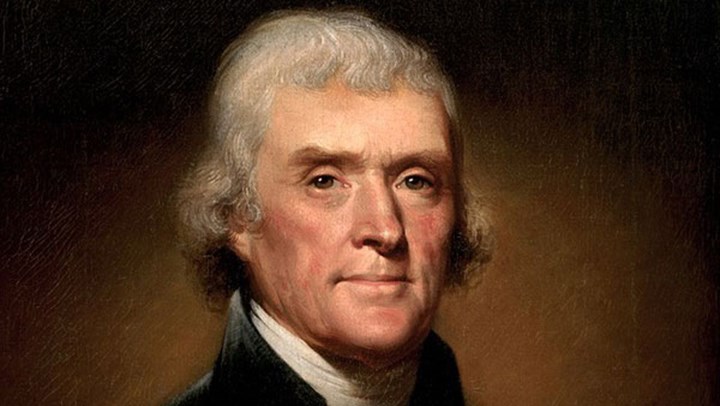
by Steve Scott - Wednesday, February 28, 2018

As stories of the Parkland murders continue to dominate the news cycle, public sentiment is being manipulated in a new and most disturbing way. In the media, both social and mainstream, responsibility for the tragedy is being shifted from the mentally-unbalanced murderer of 17 innocents to the law-abiding members of the National Rifle Association, an organization whose primary purpose is to preserve and protect our individual freedoms. And while reactionaries cry for more feel-good legislation, over two centuries ago a litany of revered statesmen spoke thoughtfully of the very circumstance we face today. Viewed through the long lens of history, wisdom and perspective may be gleaned by those willing to learn.
“The Constitution shall never be construed to prevent the people of the United States who are peaceable citizens from keeping their own arms.”
–Samuel Adams
The promise of the Second Amendment was neither a blank check nor demand loan. Peaceable citizens do not get in fights or make threats, and they certainly do not murder their teachers and classmates. It is hard to argue that the mental state of a perpetrator of mass murder is not defective in some way. And though there were ample warning signs and opportunities to either stop or mitigate the Parkland atrocity, numerous systems failed and 17 people died. Clearly, changes need to be made to avert future tragedies, but Second Amendment rights are non-negotiable for a reason.
Jefferson knew “debarring” citizens of firearms was the critical first step toward the loss of individual liberties. All of our constitutional rights are foundational freedoms, the loss of which would effectively enslave us to the will of tyrannical rulers. It is no coincidence the Founders placed equal importance on all our rights, including the individual freedom to defend one’s rights, one’s self from physical harm, and importantly, from those in power who might seek to take away those rights. Ben Franklin expounded on this theme very clearly:
“They that can give up essential liberty to obtain a little temporary safety deserve neither liberty nor safety.”
–Benjamin Franklin
Ironically, one of the leaders on the other side of the American Revolution had similar thoughts on individual freedoms.
“Necessity is the plea for every infringement of human freedom. It is the argument of tyrants; it is the creed of slaves.”
–William Pitt (the Younger)
That an American statesman and British Prime Minister on opposite sides of a seismic conflict both recognized the same fundamental truth should give everyone clamoring for change to our constitutional order pause. In the wake of Parkland, virtually everyone agrees “something” should be done, but what and at what cost? It is never necessary to give up freedoms for the sake of a little temporary safety. And would surrendering some of our Second Amendment rights yield society even temporary safety? History’s conclusion is a clear no.
“The laws that forbid the carrying of arms are laws of such a nature. They disarm only those who are neither inclined nor determined to commit crimes…. Such laws make things worse for the assaulted and better for the assailants; they serve rather to encourage than to prevent homicides, for an unarmed man may be attacked with greater confidence than an armed man.”
–Thomas Jefferson (quoting from 18th-century criminologist Cesare Beccaria’s “Essay on Crimes and Punishments” published in 1764; listed as a spurious quotation by the Thomas Jefferson Foundation)
■ ■ ■
About the Author
Steve Scott is a reformed attorney, long-time university instructor and producer/host of the outdoor TV shows “Safari Hunter’s Journal” and “Steve Scott’s Outdoor Guide.” For more information, visit stevescott.tv.
E-mail your comments/questions about this site to:
[email protected]
Proudly supported by The NRA Foundation and Friends of NRA fundraising.
